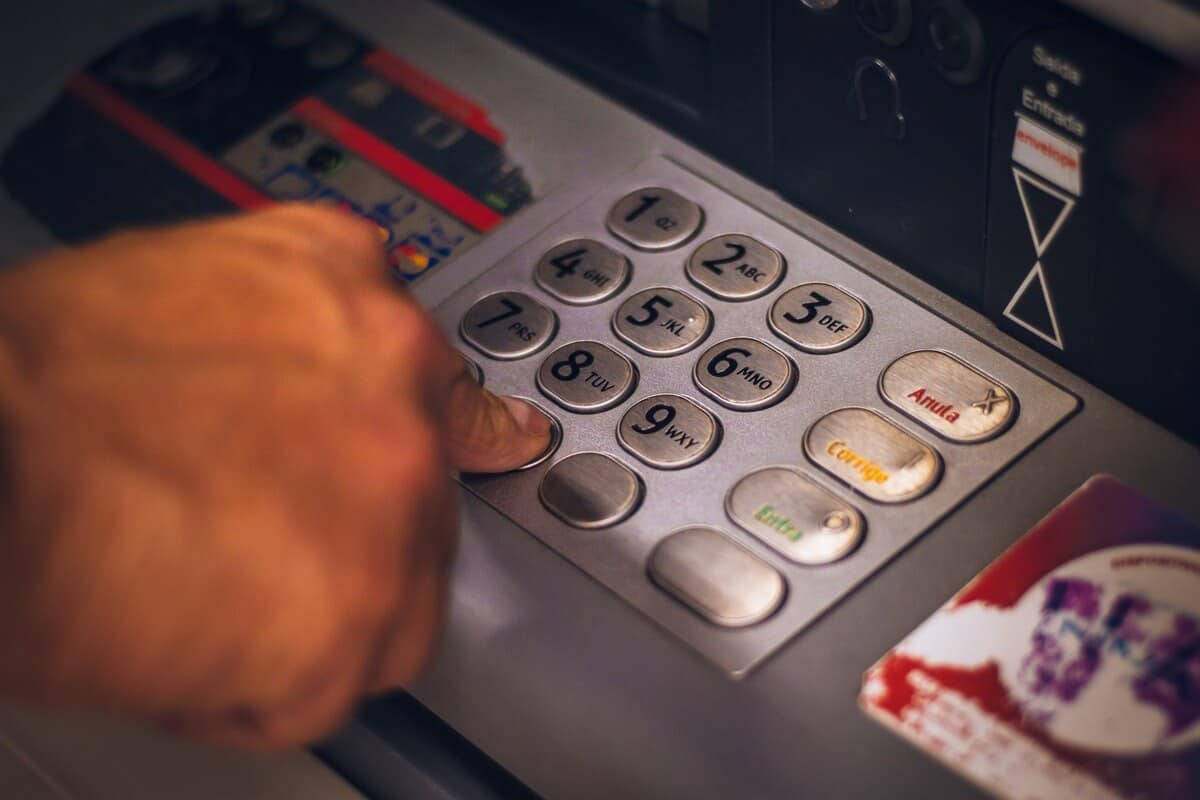
Consequences of Bankruptcy Understanding the Impact and Effective Management
Understanding bankruptcy and its effects is crucial in today’s ever-changing financial market. Knowing what to expect after filing for bankruptcy might ease the process. This blog discusses bankruptcy kinds, ramifications, asset implications, management tactics, and bankruptcy results.
Legal and Financial Effects Bankruptcy Effects
An “automatic stay” prevents foreclosures, repossessions, and wage garnishments after bankruptcy. Deductibility and exemptions. Bankruptcy releases people from certain debts. Child support and college loans are usually non-dischargeable. Bankruptcy lowers credit scores and makes it hard to get new credit or loans. Responsible financial habits can rebuild creditworthiness over time.
Psychological Effects
Consequences of bankruptcy include embarrassment, failure, and fear. This difficult moment requires emotional support from loved ones and specialists. Bankruptcy’s social stigma can damage relationships and community standing. Knowing bankruptcy is a legal process and not a personal failure might reduce these impacts. Stress-relieving activities, counselling, and support groups can help during and after bankruptcy.
Property and Asset Impact
Debtors can keep exempt assets during bankruptcy. Creditors can sell non-exempt assets. Knowing which assets are excluded helps prevent bankruptcy liquidation. If they keep paying and meet certain criteria, people may be allowed to keep their homes and cars after bankruptcy.
The bankruptcy trustee ensures debtors and creditors are treated fairly and maximises creditor recovery.
The trustee locates, values, and evaluates assets for sale to repay creditors. Lawyers and methods include exempting assets, reaffirming obligations, and negotiating with creditors can assist bankruptcy filers maintain their assets.
A skilled bankruptcy attorney can advise you and safeguard your rights. Financial consultants and credit counsellors can help manage bankruptcy aftermath, debt management, financial planning, and credit repair. Bankruptcy education classes can help people avoid financial mistakes and make informed financial decisions.
Setting objectives, budgeting, and regaining financial control requires a clear financial plan. Budgeting and prioritising critical spending can help people restore financial security. Rebuilding credit entails using credit cards responsibly, paying bills on time, and budgeting and saving. Debt consolidation or negotiation may help people manage their bills without bankruptcy. Debt settlement, a non-bankruptcy option, can affect credit ratings and have varying effects based on a person’s finances. Financial decisions must weigh the pros and cons of bankruptcy alternatives.
Bankruptcy Factors
Income determines bankruptcy eligibility and repayment plan parameters. Stable job can help bankruptcy cases succeed by providing a steady income. Rebuilding financial stability, finding better work, or getting more education after bankruptcy might boost income. Bankruptcy eligibility, exemptions, and processes vary by jurisdiction.
Post-bankruptcy Management
Understand how to recover credit and show financial responsibility after bankruptcy. Bankruptcy demands resilience, emotional support, and good coping strategies to overcome problems and move forward.
FAQs
What are the consequences of bankruptcy, and how do they affect individuals or businesses? Bankruptcy consequences can be significant, impacting credit scores, access to credit, and financial reputation. For individuals, it may result in the loss of assets and a damaged credit report, while businesses may face closure or operational limitations.
How does bankruptcy impact credit scores, and what can be done to rebuild credit after bankruptcy?
Bankruptcy can severely lower credit scores, making it challenging to secure loans or credit cards. Rebuilding credit after bankruptcy involves responsible financial management, such as paying bills on time, opening secured credit cards, and gradually establishing a positive credit history.
What are effective bankruptcy management strategies to cope with the aftermath?
Effective bankruptcy management involves creating a realistic budget, prioritising essential expenses, and seeking financial advice or counselling to better handle finances. It also includes negotiating with creditors and exploring debt repayment plans to address outstanding obligations.
Is it possible to recover financially after bankruptcy, and how long does it take to bounce back?
Yes, financial recovery is possible after bankruptcy. The duration of recovery varies based on individual circumstances, but with disciplined financial practices and proactive rebuilding efforts, individuals can improve their financial situation over time.
Can businesses bounce back after bankruptcy, and what steps should they take to rebuild successfully?
While bankruptcy is a challenging setback for businesses, recovery is attainable with proper planning. Business owners should reassess their operations, identify areas for improvement, and create a realistic business plan. Securing new sources of financing and demonstrating financial responsibility are crucial steps towards rebuilding a viable business.

